Optimal Timing for Siding Service
Choosing the optimal time for siding service depends on climate, weather conditions, and project scope. Proper timing ensures quality work and longer-lasting results.
Generally, mild weather with low humidity and no precipitation is ideal. Spring and early fall are often preferred, as they provide moderate temperatures and minimal weather disruptions.
Spring offers moderate temperatures, making siding installation or repair more manageable and efficient.
Fall provides cooler weather and less humidity, reducing the risk of siding warping or damage during installation.
Winter is typically less suitable due to cold temperatures and potential for snow and ice, which can delay projects.
Summer can be hot and humid, which may affect siding materials and installation comfort, but early summer can still be workable.
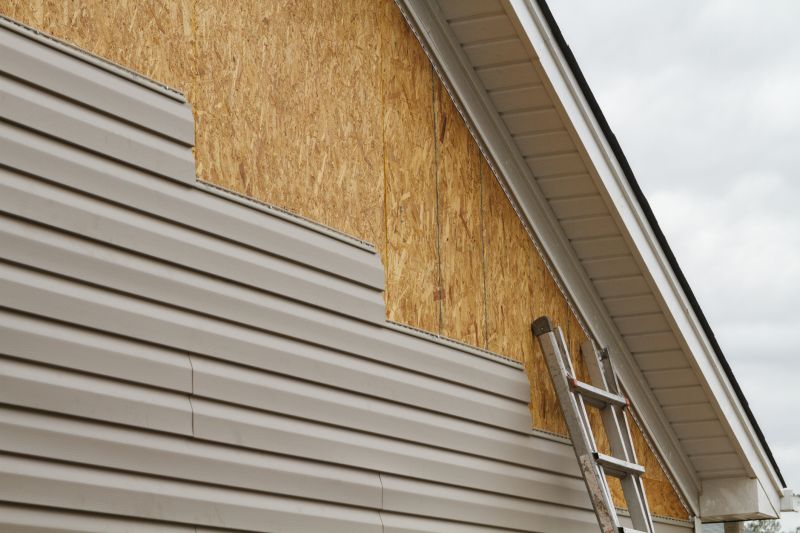
Optimal weather conditions for efficient siding work.

Ideal temperatures help ensure long-lasting repairs.

Best done early in the season to avoid heat-related issues.
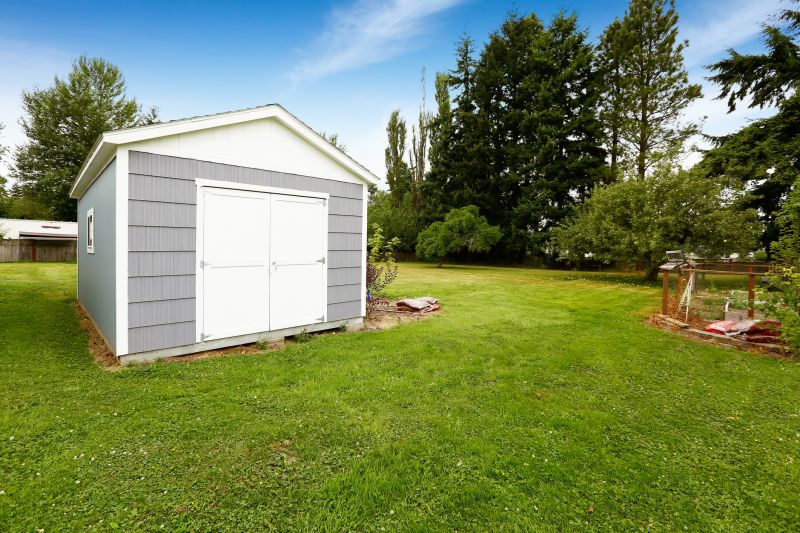
Ways to make Siding Service work in tight or awkward layouts.
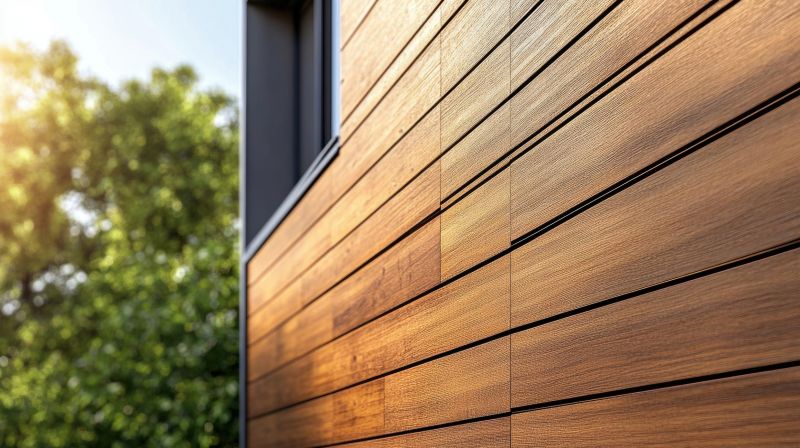
Popular materials for Siding Service and why they hold up over time.
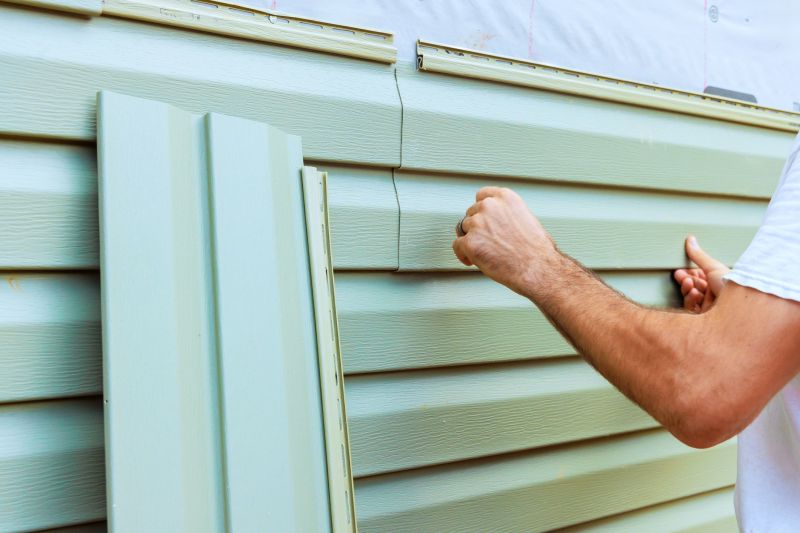
Simple add-ons that improve Siding Service without blowing the budget.
| Season | Best Time for Siding Service |
|---|---|
| Spring | Moderate temperatures and low humidity make it ideal. |
| Summer | Possible early summer with cooler days is suitable. |
| Fall | Cooler weather and less moisture are favorable. |
| Winter | Generally not recommended due to cold and snow. |
Siding service involves replacing, repairing, or upgrading exterior wall coverings to improve durability, appearance, and insulation. Proper timing can prevent delays and ensure the longevity of the siding material. Seasonal conditions influence the quality of installation and the lifespan of the siding. For example, extreme cold or heat can cause materials to contract or expand, leading to potential damage or improper fitting. Accurate scheduling based on weather forecasts can optimize results and reduce the need for rework.
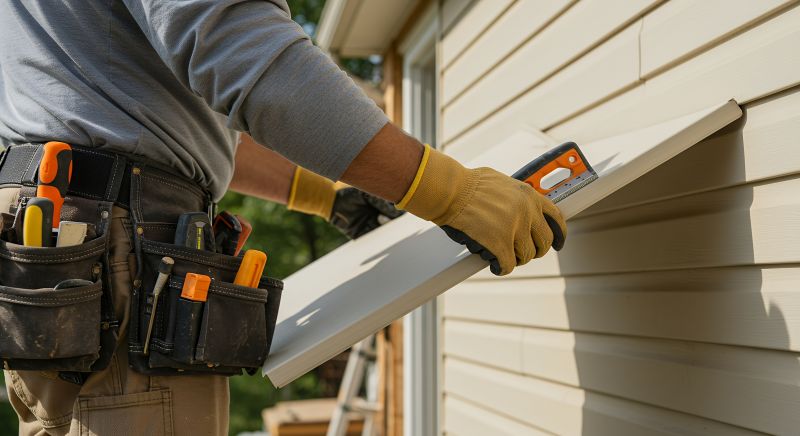
Ideal for moderate weather and efficient work.
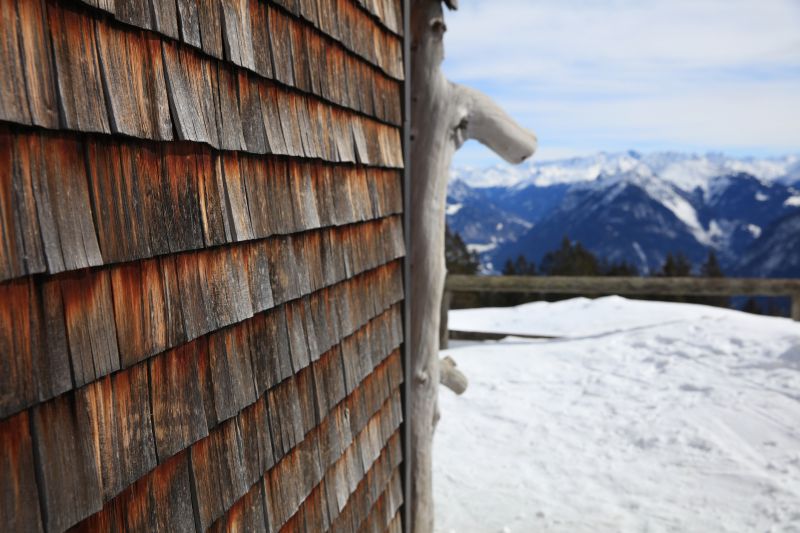
Perfect for cooler, dry conditions.
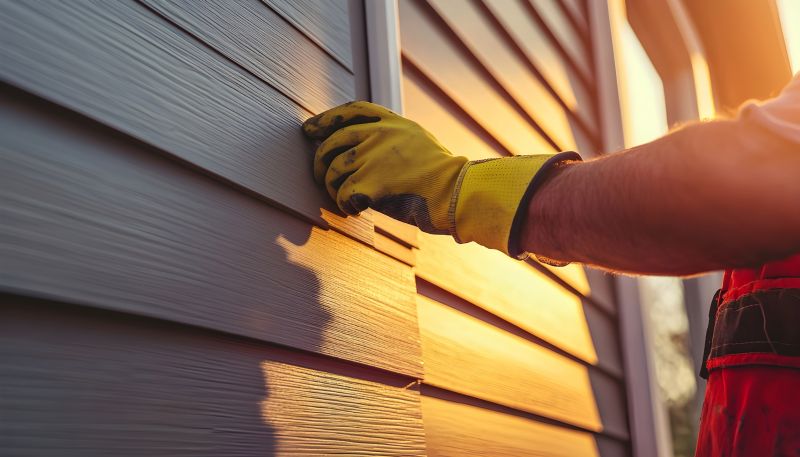
Early summer is suitable for avoiding heat stress.
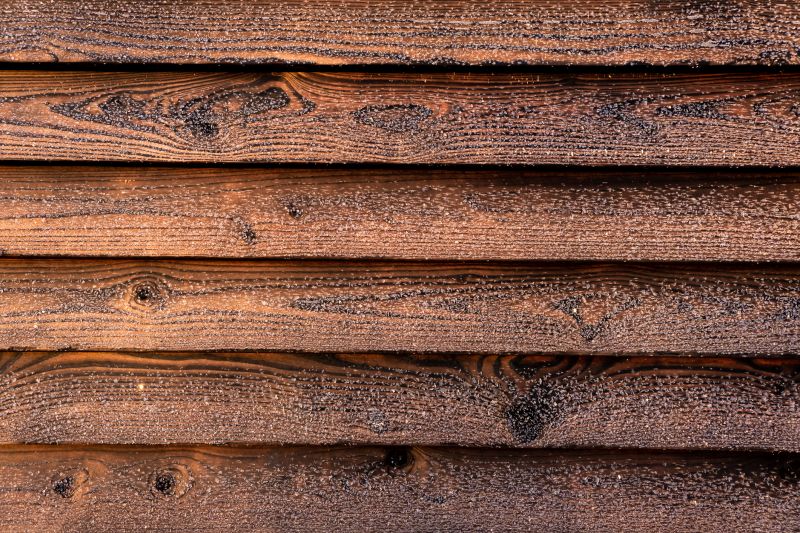
Typically avoided due to weather constraints.
Interested in scheduling siding service? Filling out the contact form can provide tailored guidance based on local weather patterns and project needs. Proper timing ensures quality results and durability for exterior siding.
